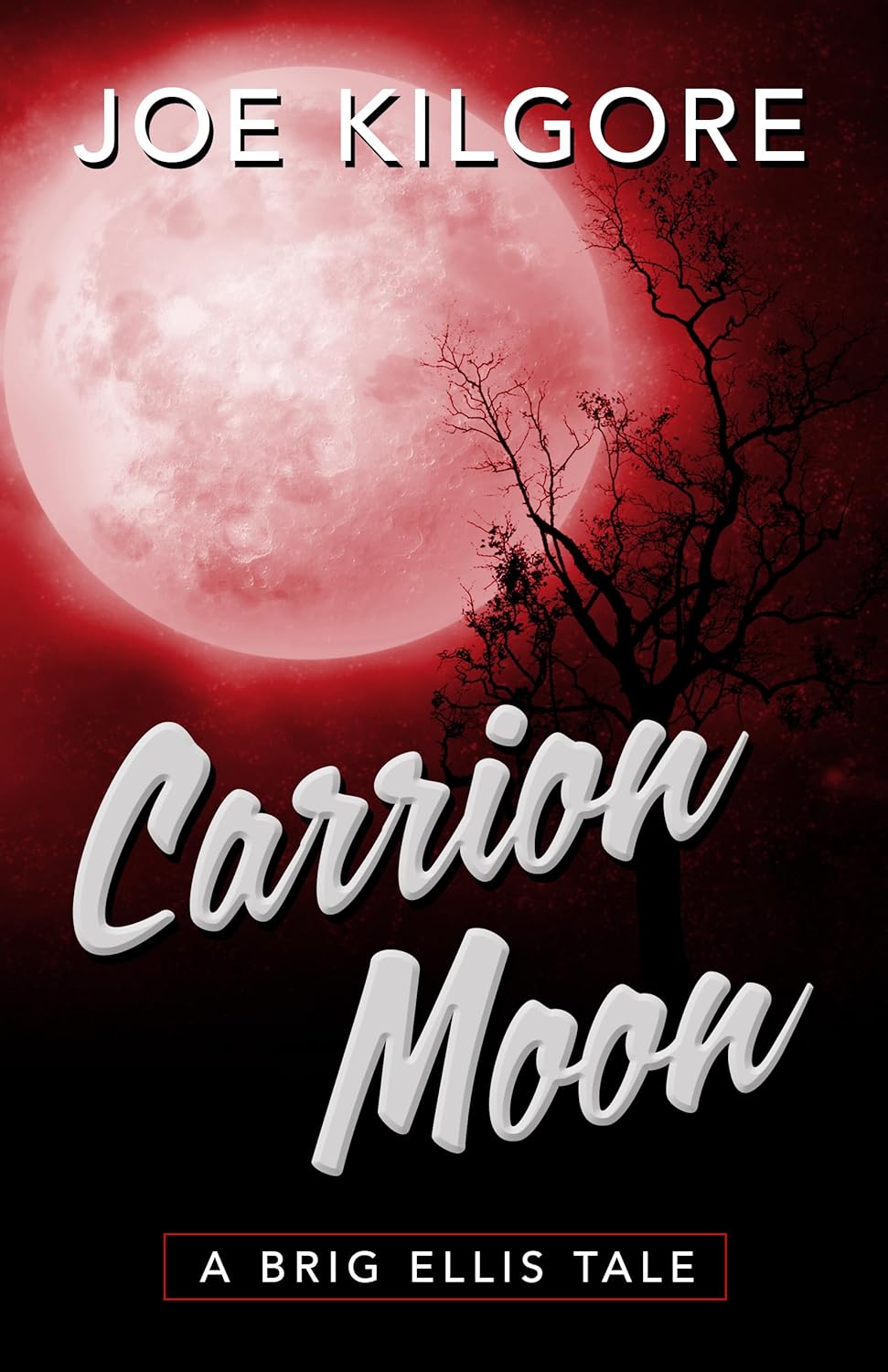Time Long Past But Not Forgotten
Most people live long lives. Innumerable seconds, minutes, hours, days, months, and years. Why is it then, that most of that time is easily forgotten? Gone, as if it never happened. And yet some of it remains with us always. Locked forever in the corners of our minds. Or perhaps our souls. Where we keep the moments that have shaped us, and made us who we are.
Such are the musings brought to mind upon finishing Larry Watson’s small novel of a few unforgettable days in Montana 1948. It tallies less than two hundred pages and covers less than a month in a boy’s twelfth summer, but its impact, like the young man’s memories, stays with the reader long after the last page has been turned.
Watson fashions his tale as a recollection. An older, wiser man recalls events in a summer that changed his life like none since. He imbues the narrative with both an adult’s perspective and an adolescent’s wonder. And in so doing creates a time and place we can all relate to whether we spend our summers in cities, suburbs, or small towns like Bentrock, in Mercer County, Montana, where the author sets his story.
It’s impossible not to be reminded of To Kill A Mockingbird, when reading Watson’s story. Elements of that classic abound–violence, sexual awakening, prejudice, fear, bravery, the loss of innocence and the acquisition of insight. But the author tells his story in his own way about the Sheriff of a windblown prairie community trying to do what’s right when it would be infinitely easier to simply do what’s pragmatic. The plot centers on how the young boy and his parents react to events around them as discoveries of heinous behavior entwine them in legal, ethical, and moral choices that become increasingly difficult to deal with. Questions are raised about duty to family, fealty to truth, and honor or the lack of it. But not all is philosophical. Physical danger figures into the equation as well. There’s more than the loss of self respect involved. There’s also loss of life, with the fear of more to come.
I’ve tried to give the essence of Watson’s novel without giving away details of the story itself. Because it’s the story that keeps you turning the pages briskly to see what’s going to happen from one moment to the next. But it’s what’s between the lines that will leave you reflecting on Montana 1948 long after you’ve finished it.
If you enjoy literature steeped in honesty, insight, and exceptional storytelling, take a trip like The Fiction Fortune Hunter did to Montana 1948. You’ll be glad you did.
